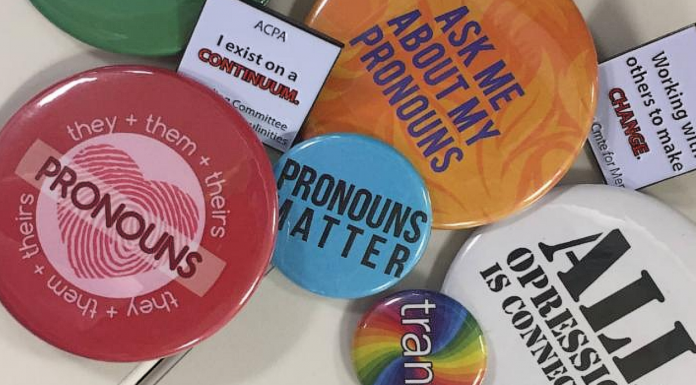(By Casey Harper, The Center Square) A coalition of education experts, governors and lawmakers are pushing back against the “Diversity, Equity, and Inclusion” policies that have become the norm in public colleges and universities around the country. Several states have legislative efforts underway to require intellectual diversity, and professors tell The Center Square they welcome the change.
Texas is the latest state to take on DEI, a broad category that employs teams of administrators to enforce equity and racial policies at the educational institution.
Texas Gov. Greg Abbott signed legislation this week that would stop taxpayer funding for DEI programs at public colleges and universities.
Critics say these DEI programs have become taxpayer-funded “indoctrination” into ideas pushed by one political party.
Scott Turner, who works with the National Association of Scholars, told The Center Square that “the DEI problem is ultimately political in nature, so the responses must themselves be political.”
“This is sticking in the craw of many academics, who see these initiatives as threats to academic freedom, whereas we see them as restoring the necessary conditions for academic freedom,” added Scott, who is a professor emeritus of Biology at the State University of New York College of Environmental Science and Forestry.
Ohio’s state Senate passed Senate Bill 83 with a 21-to-10 vote earlier this month that would, among other things, ban most mandatory diversity training at state-funded colleges and universities.
These efforts have been met with pushback. Ohio State’s Board of Trustees released a statement publicly opposing the legislation.
“We acknowledge the issues raised by this proposal but believe there are alternative solutions that will not undermine the shared governance model of universities, risk weakened academic rigor, or impose extensive and expensive new reporting mandates,” the statement said. “Trustees will seek to continue to engage with the members of the legislature to address the fundamental flaws in this current version that diminish Ohio State’s ability to fulfill its educational and research missions and negatively impact the state’s economic future.”
Florida Gov. and now-presidential candidate Ron DeSantis signed legislation earlier this month that bans state taxpayer funding for DEI programs at the state’s public colleges and universities. DeSantis also signed legislation that would ban those institutions from using DEI statements in hiring and admissions decisions, forbidding what critics say has become an ideological litmus test for new hires and students.
DeSantis said the bills he signed “reorient our universities back to our traditional mission.”
“And part of that traditional mission is to treat people as individuals, not to try to divvy them up based on any type of superficial characteristics,” he said. “We are going to elevate merit and achievement above identification with some groups, and in order to do that we had to look at this relatively new concept called [DEI].”
DeSantis argued there should be intellectual diversity on campuses but that DEI enforces “orthodoxy” of belief.
“But this is basically been used as a veneer to impose an ideological agenda, and that is wrong” he added. “And in fact, if you look at the way this has actually been implemented around the country, DEI is better viewed as standing for ‘Discrimination, Exclusion, and Indoctrination,’ and that has no place in our public institutions.”
About three dozen bills of this kind have been introduced in roughly 20 states around the nation.
“The push to force higher education institutions to admit students, hire faculty and require courses based on race, sex, or other determinants is not a movement in the right direction,” Hillsdale College Economic Professor Gary Wolfram told The Center Square. “Identifying people other than on the basis of, as Martin Luther King said, ‘the content of their character,’ is likely to divide us rather than unite us.”
Wolfram argued there are other ways to encourage diversity in education.
“Scholarship aid based upon financial circumstances as well as educational potential can be a method where a college or university can create a mixture of students that leads to an improvement in our society and so-called ‘diversity’ without encouraging discrimination,” he said.

